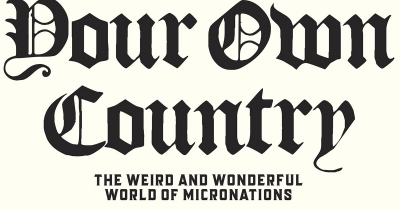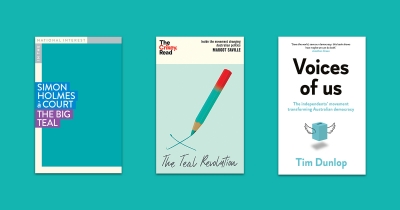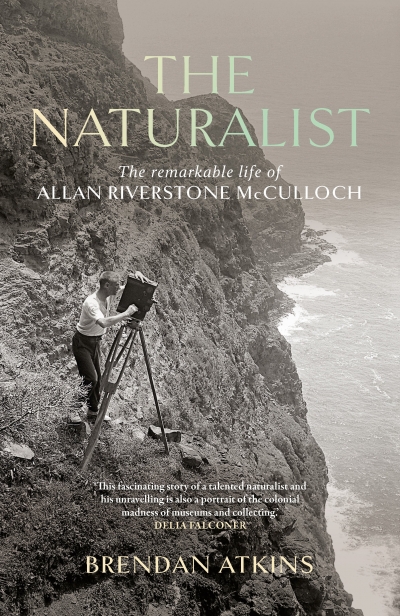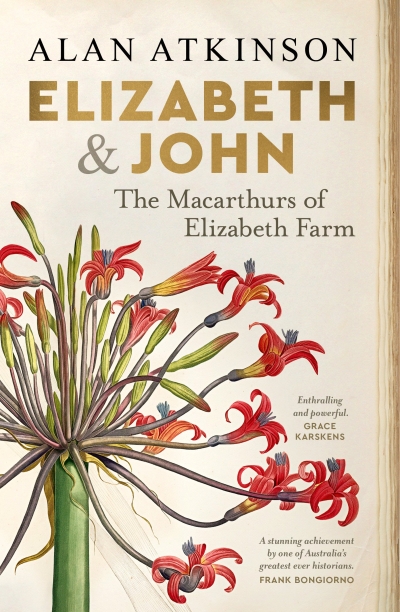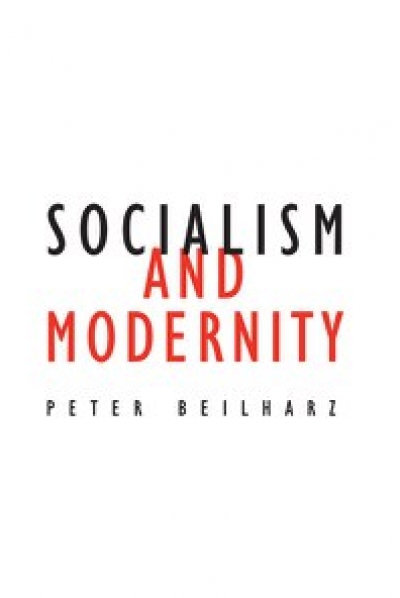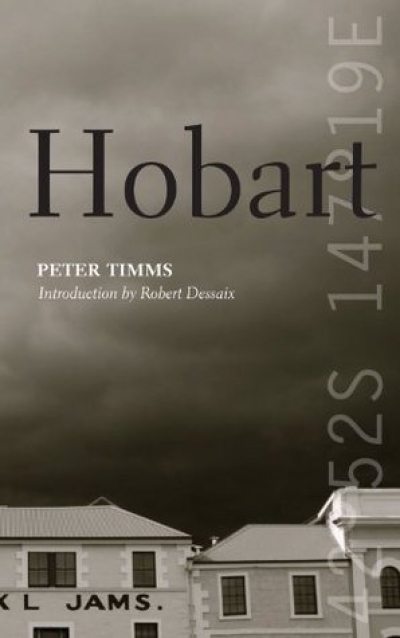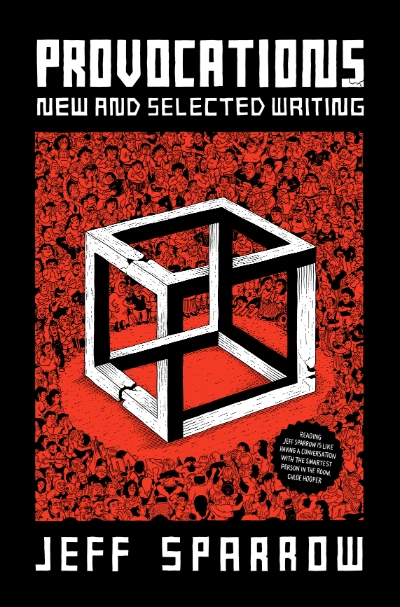NewSouth
Wizards of Oz: How Oliphant and Florey helped win the war and shape the modern world by Brett Mason
by Julia Horne •
How to Rule Your Own Country: The weird and wonderful world of micronations by Harry Hobbs and George Williams
by Frank Bongiorno •
The Teal Revolution by Margot Saville & The Big Teal by Simon Holmes à Court
by Dennis Altman •
The Naturalist: The remarkable life of Allan Riverstone McCulloch by Brendan Atkins
by Danielle Clode •
Curlews on Vulture Street: Cities, birds, people and me by Darryl Jones
by Peter Menkhorst •
Elizabeth and John: The Macarthurs of Elizabeth Farm by Alan Atkinson
by Penny Russell •



